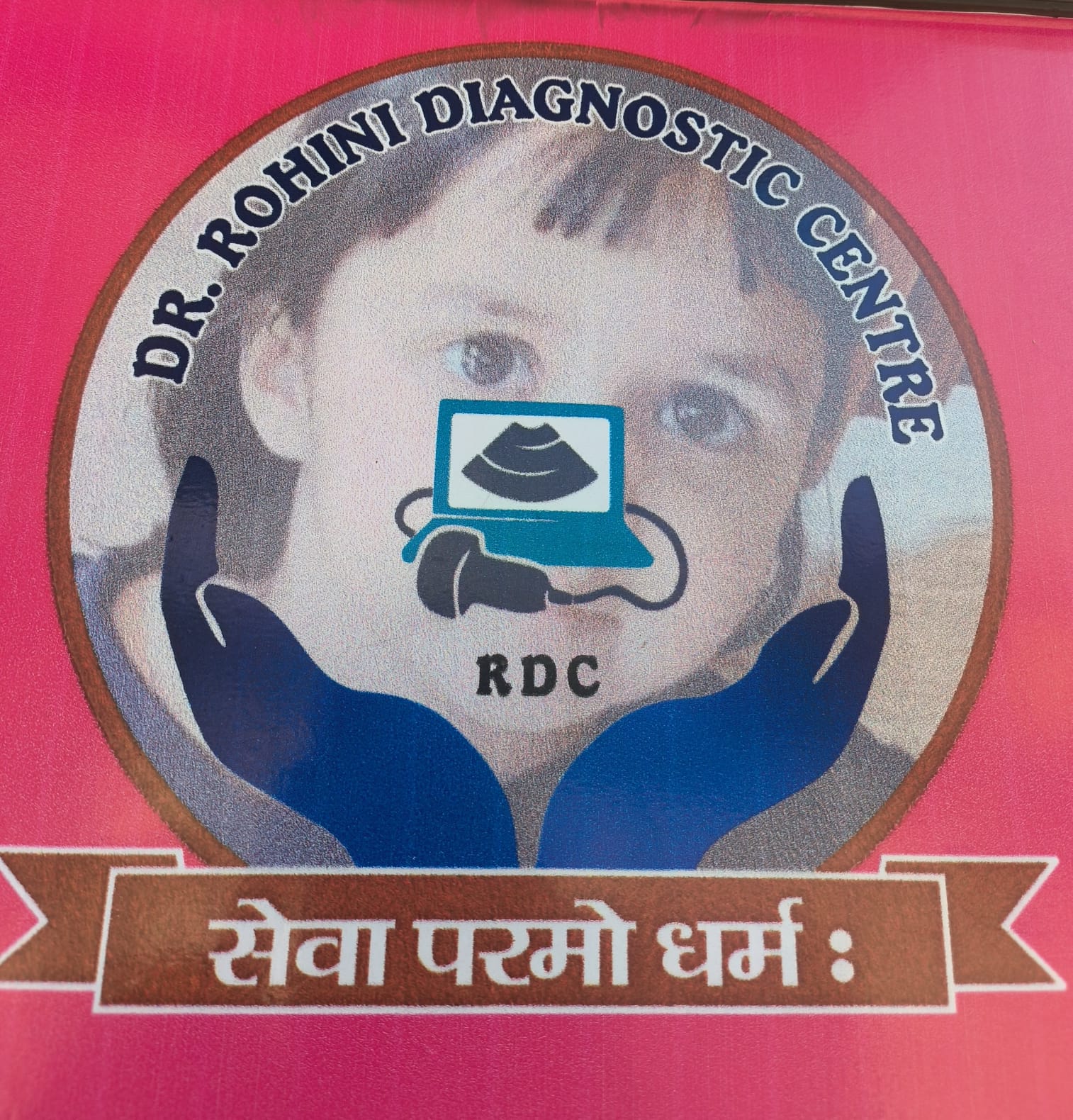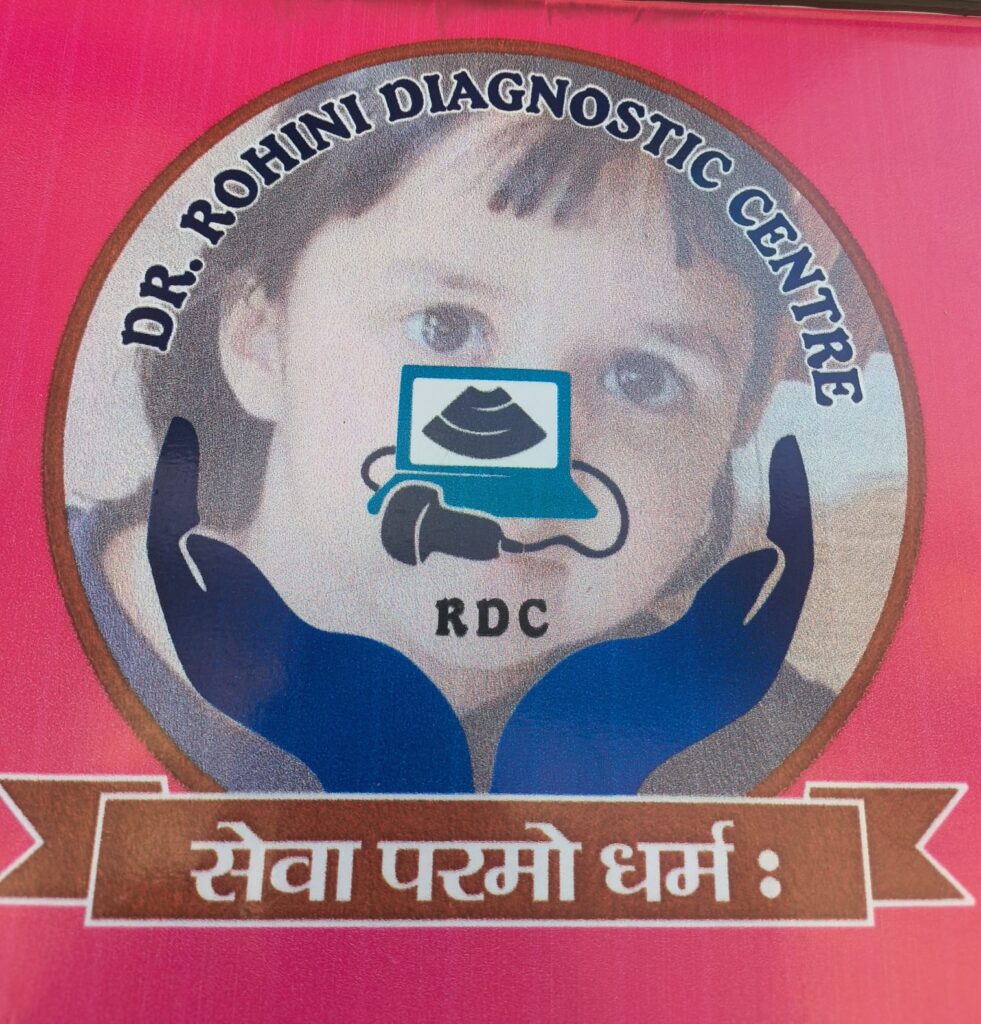Cancer Staging and Diagnosis

Comprehensive Diagnostic Evaluation
- Advanced Imaging Techniques: Utilizing state-of-the-art imaging modalities such as MRI, CT, PET-CT, and ultrasound for precise visualization of tumors, assessment of their size, location, and involvement of nearby structures.
- Biopsy and Pathological Analysis: Performing minimally invasive biopsy procedures to obtain tissue samples for histological examination, molecular testing, and immunohistochemical analysis, essential for accurate diagnosis and classification of cancer.
- Genetic and Molecular Profiling: Incorporating genetic and molecular testing to identify specific mutations, biomarkers, or gene expression patterns associated with different cancer types, guiding personalized treatment strategies.
Staging and Disease Assessment
- TNM Staging System: Employing the TNM (Tumor, Node, Metastasis) staging system to accurately stage cancer based on the size of the primary tumor, involvement of regional lymph nodes, and presence of distant metastases, essential for prognosis and treatment planning.
- Radiological Staging: Interpretation of imaging studies to determine the extent of tumor spread, including evaluation of lymph node involvement, vascular invasion, and distant metastases, aiding in the selection of appropriate therapeutic interventions.
- Multidisciplinary Tumor Boards: Facilitating interdisciplinary collaboration among oncologists, radiologists, pathologists, surgeons, and other specialists to review diagnostic findings, discuss staging, and formulate individualized treatment plans for each patient.
Patient-Centered Care and Support
- Compassionate Communication: Providing clear and empathetic communication to patients and their families regarding the results of diagnostic tests, cancer staging, and treatment options, ensuring understanding and informed decision-making.
- Supportive Care Services: Offering access to a comprehensive range of supportive care services, including psychological counseling, nutritional support, pain management, and palliative care, to address the physical, emotional, and psychosocial needs of cancer patients throughout their journey.
- Continued Surveillance and Monitoring: Implementing regular follow-up appointments and surveillance imaging studies to monitor disease progression, response to treatment, and recurrence, with a focus on optimizing long-term outcomes and quality of life for cancer survivors.



